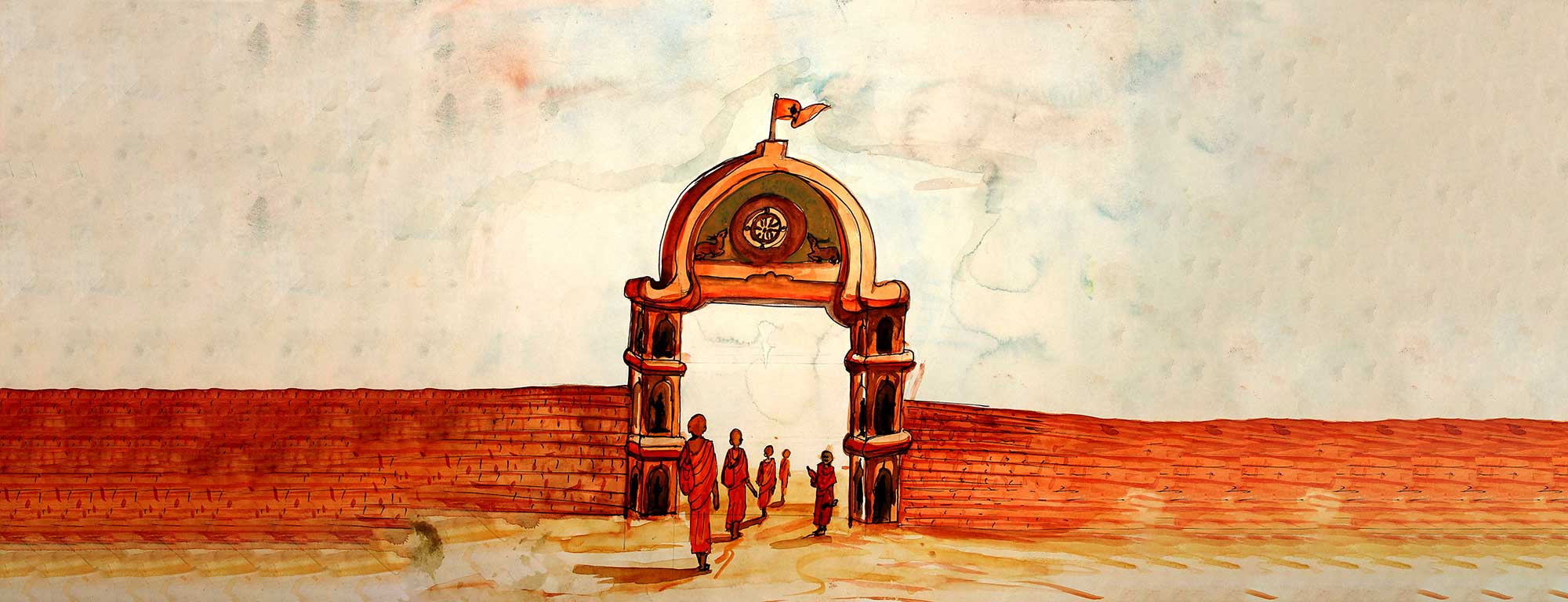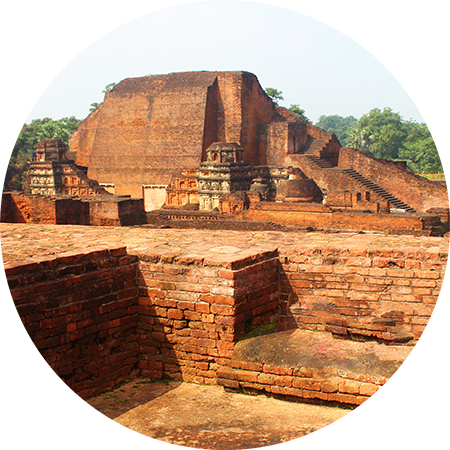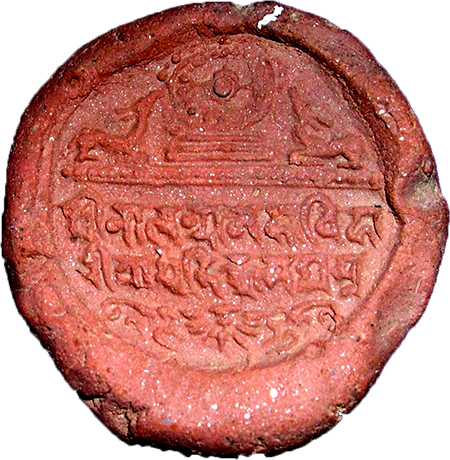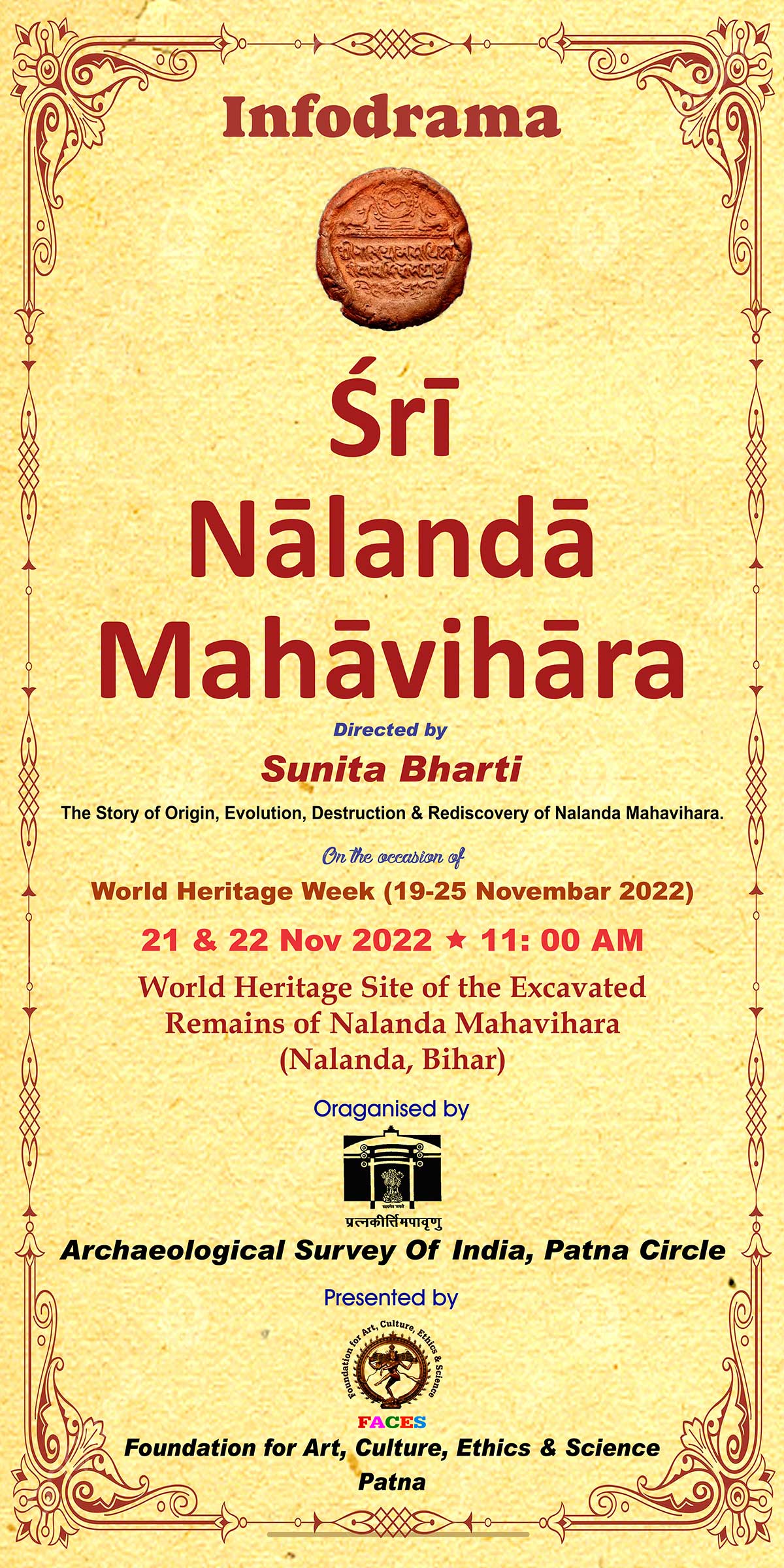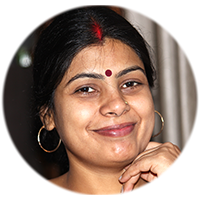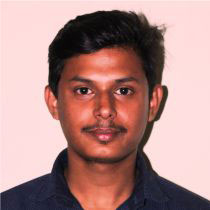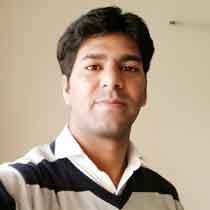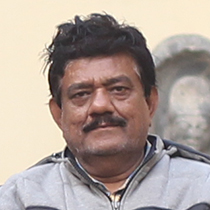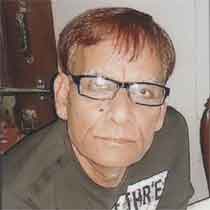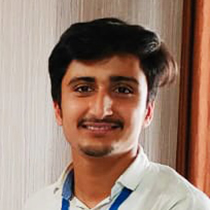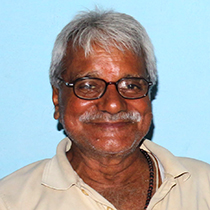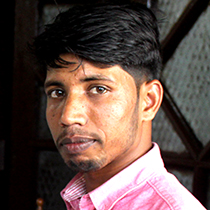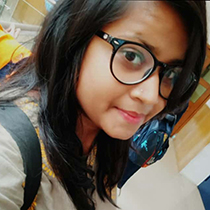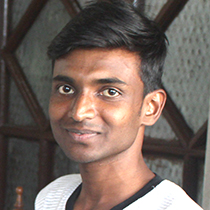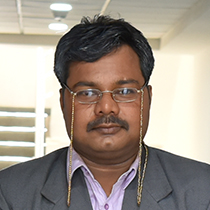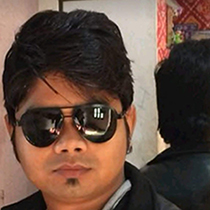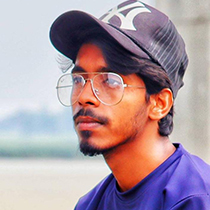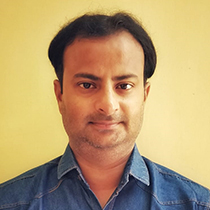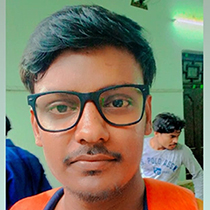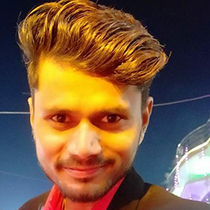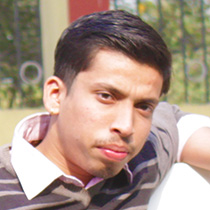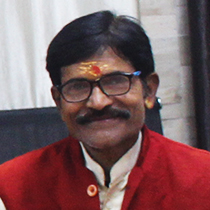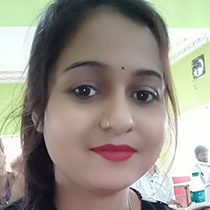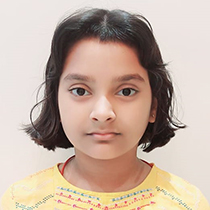History of educational institutions in India dates back to the Vedic period when students used to learn and discuss scholistic ideas sitting near the teacher, as evidenced by the records of such sessions known as
Upniṣadas. Taxila was a Hindu educational city which can be regarded as a
university where students from all over the world came to study various subjects, religious and secular, under the famous preceptors like Pāṇini and others. This university continued from 7th-6th century BC to the 3rd-4th century AD. After the advent of Buddhist philosophy and teaching it was also a famous Buddhist educational center.
After the university of Taxila came to an end, a number of universities like Vallabhi, Jagaddal, Nalanda, Somapura etc. flourished in different parts of India, among which Nalanda University in Magadha region was the forerunner in all respects.
Nalanda was a center of religious and educational activities right from the time of Buddha, and emerged as an
International Residential University in the sense of modern definition of the word
university in 5th century AD thanks to the royal patronage of the early Gupta Kings.
Nalanda Mahavihara, and its contemporaries also, attracted students from all over the world. It is recorded that students from distant part of Indian peninsula and North West India including Afghanistan and Iran, Central Asia, and also from China, Korea, Tibet, Turkey, South East Archipelago, Ceylon, Siberia and many other lands came Nalanda to study Mahayanist philosophy and secular subjects like grammer, sculpting, chemistry, logic etc. At present, the shape of the Buddhist teaching, philosophy and religion over the world in general, and monastic traditions and practices in particular, can be traced back to the Nalanda Mahavihara and contemporary universities in India.
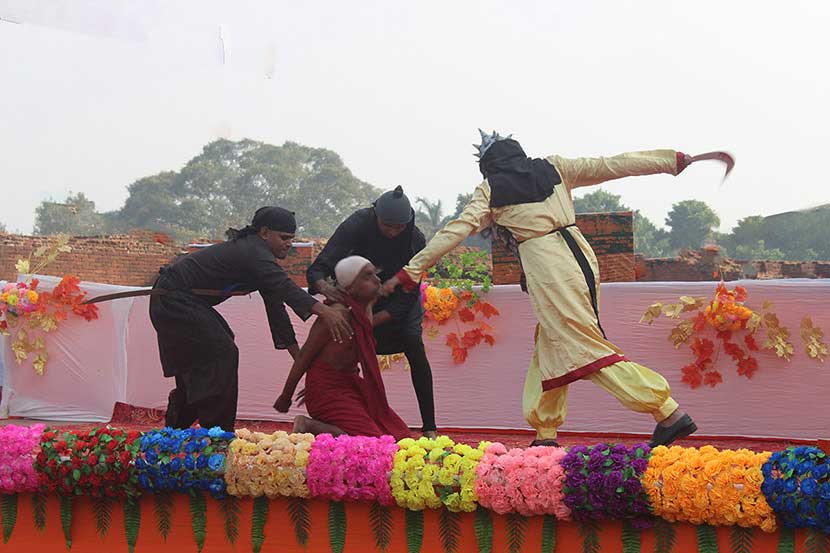
The ancient university of Nalanda flourished and enjoyed premiere status among other institutions of the world for about 700 years before it was razed to ground by the Muslim invader Bakhtiyar Khilji in 1200 AD along with the mahaviharas of Udantpura and Vikramshila. Whereas the latter two universities came to an abrupt end after destruction, the Nalanda Mahavihara lingered up to the 14th- 15th century AD and then sunk in to the oblivion due to the changing political scenario and lack of patronage. From 16th century onwards the name of the place Nalanda was out of currency and many villages and hamlets like Bargaon, Surajpur Kapatiya etc. settled on the ruins of the Mahavihara, people of which were fully ignorant about the identity of the ruins. The ruins were again identified by British Archaeological Surveyor Sir Alexander Cunningham in 1862 and the name Nalanda was revived.
From 1864 to 1983 excavations, restoration and conservation work continued at this place and now the excavated remains of Nalanda Mahavihara is a
UNESCO World Heritage Site.
First and second show of this Infodrama was organized by the Archaeological Survey of India, Patna Circle on 21 & 22 November 2022 respectively during the World Heritage Week at the UNESCO World Heritage Site of the Excavated Remains of Nalanda Mahavihara, Nalanda, Vihara Pradesh (Bihar).
In the first show on 21 Nov 2022, a Quiz for school students was organized to assess how much students might learn after watching the show, in which 4 schools of Nalanda participated.
On this occasion following dignitaries were present:
Dr. D. N. Sinha, Former SA, ASI, Patna Circle (The Chief Guest)
Dr. Goutami Bhattacharya, SA, ASI, Patna Circle.
Dr. Jalaj Tiwari, Dy. SA, ASI, Patna Circle.
Dr. Shankar Sharma, ASA, ASI, Patna Circle.
Dr. Rana Purushottam Kumar Singh, Dean, Faculty of Buddhist Studies, Nava Nalanda Mahavihara, Nalanda.

